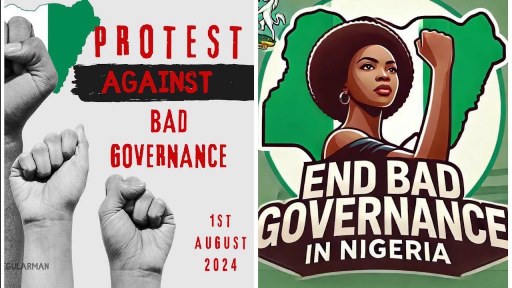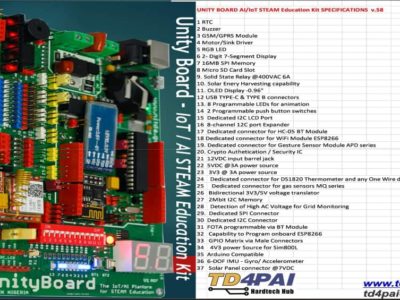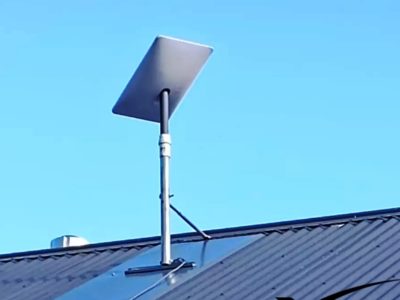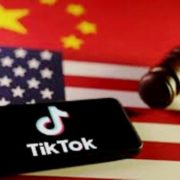By Yusuf Baba
Nigerian authorities are actively monitoring social media platforms to identify potential leaders of a planned nationwide protest against hunger and poor governance, set to begin on August 1, 2024.
RELATED: #EndSARS: Northern governors want social media regulated
The federal government has engaged with social media companies, including Meta (owners of Facebook, Threads, and WhatsApp) and X (formerly Twitter), to manage content deemed subversive, threatening to national security, or intended to spread misinformation.
‘Days of Rage’ – Online mobilization among the youth
The government has also been in talks with major political and religious groups across the country, urging them to withdraw support for the protest, dubbed ‘Days of Rage,’ in the interest of national security.
Officials fear that the demonstration, driven largely by online mobilization among the youth, could escalate into violence, given the country’s current challenges, including ongoing insurgencies.
Recent protests in Kenya, which resulted in over 50 deaths, have heightened concerns about the potential for unrest. The Nigerian government is reaching out to youth groups, asking for patience as they work to address the economic and political issues fueling the discontent.
Security agencies working to identify “trouble handles”
The cybersecurity arm of the Office of the National Security Adviser (ONSA) and web monitoring units from various security agencies are operating around the clock to identify “trouble handles” on social media.
As of January 2024, 36.7 million Nigerians were active on social media, with WhatsApp being the most popular platform. Facebook leads in social media usage, followed by Twitter and Instagram.
Nigeria’s military said they will intervene to prevent any violence at the planned protests according to Reuters quoting defence spokesperson Major General Edward Buba.
Nigerian officials hope to counter the planned protest’s organizers by leveraging social media platforms to disseminate their messages. The protest, driven by frustrations over the country’s 34.2% inflation rate and a worsening cost-of-living crisis, reflects growing public dissatisfaction.
This situation has been exacerbated by President Bola Tinubu’s recent economic policies, including the devaluation of the naira and the removal of the fuel subsidy, despite an increase in the federal minimum wage.





























